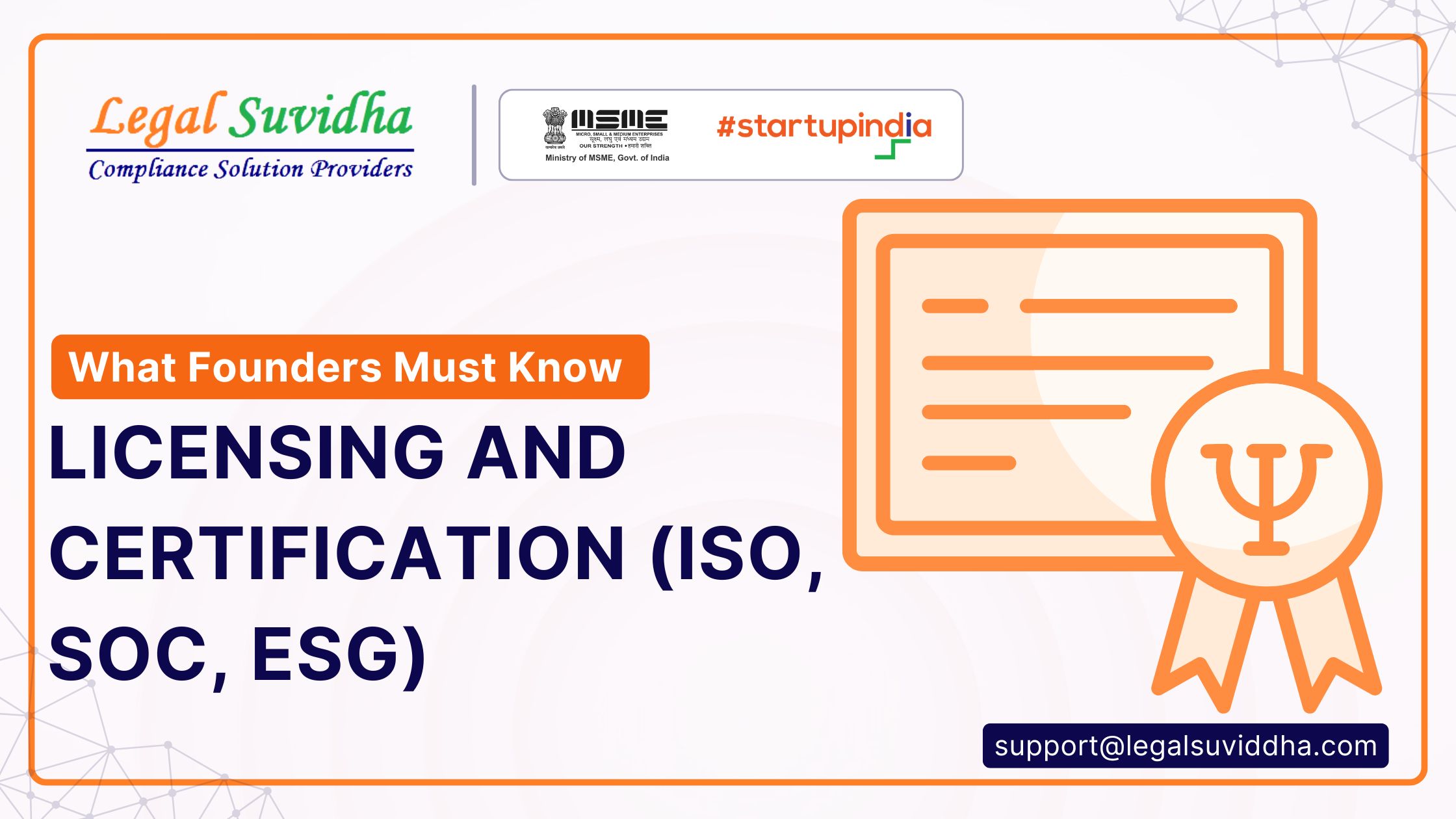The use of artificial intelligence (AI) in accounting and taxation is rapidly increasing, with many businesses and individuals turning to AI-powered tools to automate routine tasks, reduce errors, and increase efficiency. While AI offers numerous benefits, it also raises important ethical considerations that must be addressed to ensure the responsible use of this technology.
One of the most significant ethical considerations in AI accounting and taxation is the potential for bias. AI systems are only as unbiased as the data they are trained on, and if the data used to train an AI system is biased or incomplete, it can lead to inaccurate results. This is particularly concerning in accounting and taxation, where even small errors can have significant financial and legal consequences.
To address this concern, it is important to ensure that AI systems used in accounting and taxation are trained on diverse and representative datasets. This means ensuring that data is collected from a variety of sources and that it is properly labeled and annotated to ensure that the AI system is accurately identifying and interpreting the data.
Another ethical consideration in AI accounting and taxation is the potential for automation to displace human workers. While AI can automate many routine tasks, it is important to remember that it cannot replace human judgment or intuition. Additionally, as AI systems become more advanced, they may be able to automate more complex tasks, potentially leading to job loss and economic disruption.
To address this concern, it is important to ensure that AI is used to augment human workers, rather than replace them. This means investing in training and education programs that help workers develop the skills necessary to work alongside AI systems, and ensuring that AI systems are designed to work in concert with human workers rather than replace them.
Finally, there is the ethical consideration of transparency and accountability. AI systems can be complex and difficult to understand, which can make it challenging to ensure that they are making fair and ethical decisions. Additionally, it can be difficult to hold AI systems accountable for their decisions, particularly if those decisions result in negative outcomes.
To address this concern, it is important to ensure that AI systems used in accounting and taxation are transparent and explainable. This means designing AI systems in a way that allows humans to understand how they are making decisions, and ensuring that there are processes in place to review and audit the decisions made by AI systems.
Bias in AI accounting and taxation
Bias in AI accounting and taxation can lead to inaccurate results, which can have significant financial and legal consequences. Here are some strategies to mitigate the risks of bias in AI:
- Use diverse and representative datasets: AI systems are only as unbiased as the data they are trained on. To mitigate the risk of bias, it is important to ensure that the data used to train AI systems is diverse and representative of different groups and perspectives.
- Conduct regular audits of AI systems: Regular audits of AI systems can help identify and address any biases that may be present. This includes reviewing the data used to train the AI system, as well as the results produced by the system.
- Increase transparency and explainability: AI systems can be complex and difficult to understand, which can make it challenging to ensure that they are making fair and ethical decisions. Increasing transparency and explainability can help address this concern, allowing humans to understand how the AI system is making decisions.
- Include diverse perspectives in the development of AI systems: Including diverse perspectives in the development of AI systems can help mitigate the risk of bias. This includes involving individuals from different backgrounds and perspectives in the design, development, and testing of AI systems.
- Establish guidelines and standards for ethical AI: Establishing guidelines and standards for ethical AI can help ensure that AI systems are developed and used in a responsible and ethical manner. These guidelines and standards can include principles such as fairness, accountability, and transparency.
- Monitor the use of AI systems: It is important to monitor the use of AI systems to ensure that they are not perpetuating bias or discrimination. This includes monitoring the results produced by AI systems, as well as their impact on individuals and communities.
- Provide education and training on bias in AI: Providing education and training on bias in AI can help individuals understand the potential risks and how to address them. This includes training on how to identify bias in data, as well as how to develop and use AI systems in a responsible and ethical manner.
Role of regulation in ensuring the responsible and ethical use of AI in accounting & Taxation
As the use of AI in accounting and taxation continues to increase, it is important to ensure that these systems are used in a responsible and ethical manner. One key way to achieve this is through regulation. Here are some strategies for developing effective regulations:
- Establish clear guidelines and standards: Clear guidelines and standards can help ensure that AI systems are developed and used in a responsible and ethical manner. These guidelines can include principles such as fairness, transparency, accountability, and privacy.
- Ensure transparency and explainability: Regulations should require that AI systems are transparent and explainable, allowing individuals to understand how the system is making decisions.
- Require regular audits: Regular audits of AI systems can help identify and address any biases or errors in the system. Regulations should require that AI systems be audited regularly to ensure their accuracy and fairness.
- Develop standards for data privacy and security: Regulations should establish standards for data privacy and security, to ensure that sensitive financial information is protected from misuse and abuse.
- Promote diversity and inclusion: Regulations should promote diversity and inclusion in the development and use of AI systems. This includes requiring that AI systems be developed using diverse datasets and involving individuals from different backgrounds and perspectives in the development and testing of the system.
- Develop penalties for non-compliance: Regulations should establish penalties for non-compliance with ethical and responsible AI practices. This can include fines, sanctions, or other measures to ensure that companies are held accountable for their actions.
- Encourage collaboration and information sharing: Regulations should encourage collaboration and information sharing between companies and regulators, to ensure that AI systems are developed and used in a responsible and ethical manner.
- Continuously review and update regulations: As AI technology evolves and new risks emerge, regulations should be continuously reviewed and updated to ensure that they remain effective in addressing ethical and responsible AI practices.
By implementing these strategies, regulators can help ensure that AI is used in a responsible and ethical manner in accounting and taxation, protecting individuals and businesses from potential harm.
If You have any queries then connect with us at [email protected] or you can contact us & stay updated with our latest blogs & articles








